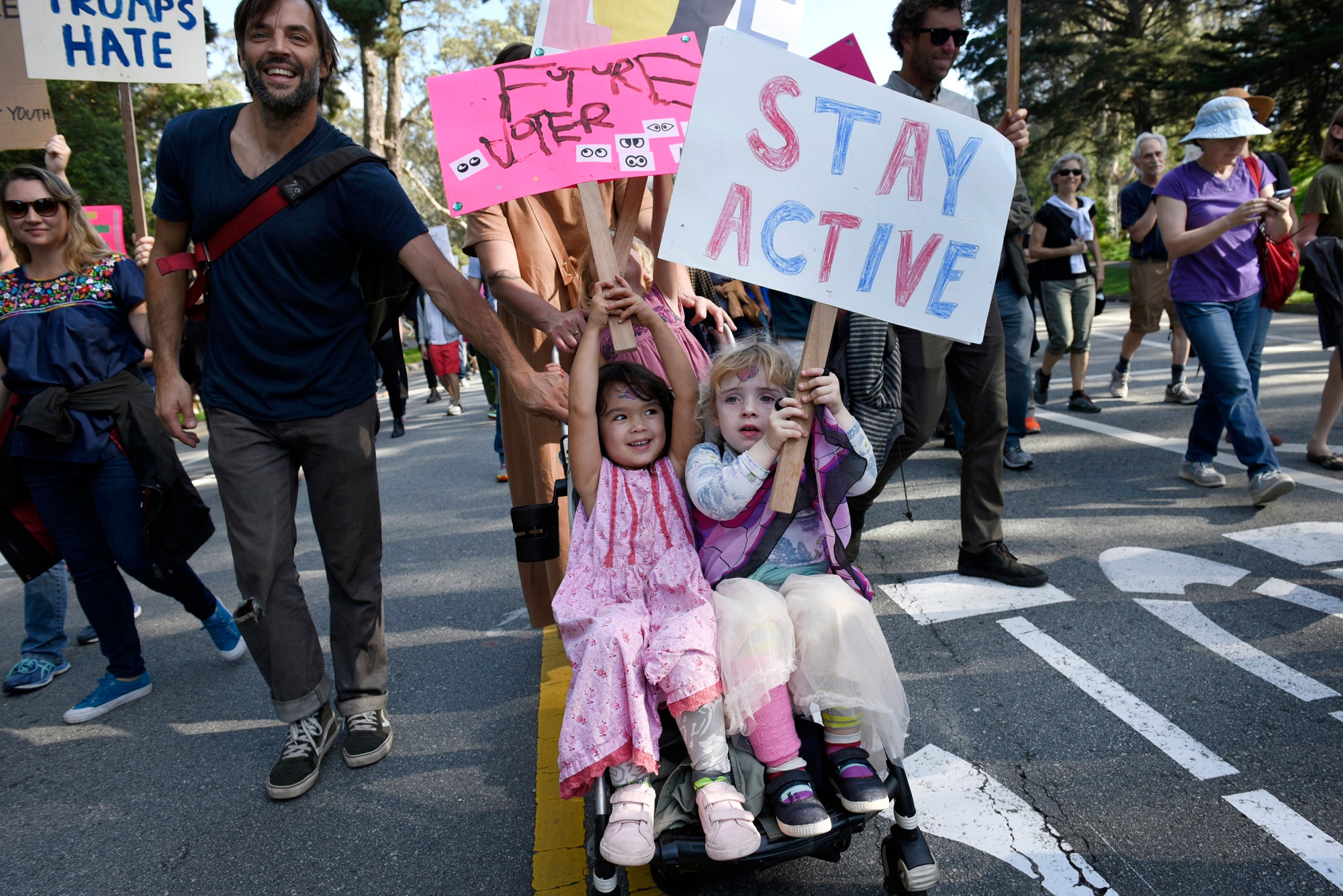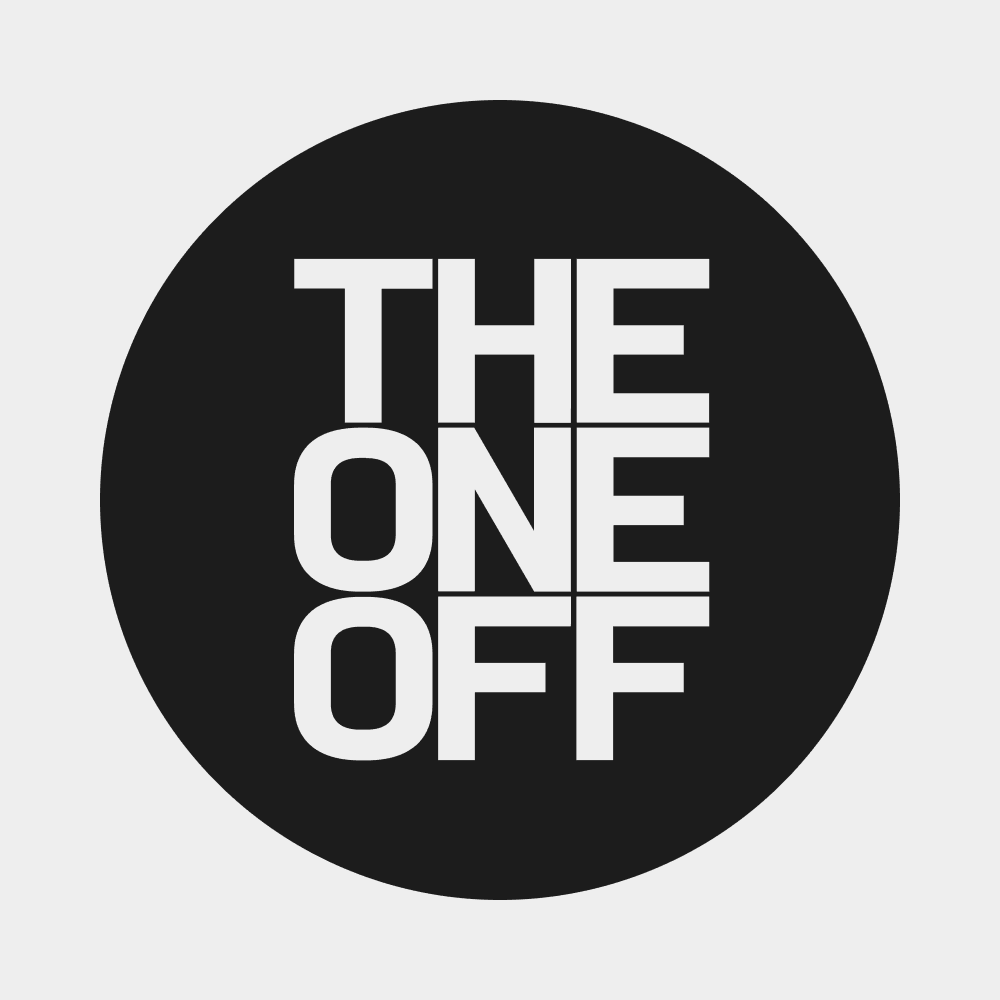Insights
Meet the Future Shopper

How will people shop differently and what will they expect from brands in years to come?
As 2018 gets well underway we highlight the changing behaviour, priorities and global drivers which will continue to disrupt thinking and influence consumers.
The start of a new decade in 2020 will mark a tipping point in innovation and thinking. In particular, the driving force of 5G on mobile will begin the change from e-commerce to m-commerce. Its popularity will accelerate adoption for both AR and VR and consumers will expect brand experience to reach new heights.
A different consumer voice…
As we look to the future, racial and ethnic identifiers are shifting and with it so are the voices of power. Globally, Muslim Millennials will force cultural change as their projected spend of apparel reaches $327bn. America’s identity is also in flux – by 2020 more than half of Americans under 18 will identify as a ‘minority’.
The world and the consumer are growing more ethically, becoming more racially diverse. For business, this means new lifestyle events to design for and market to.
M-commerce dominates
The evolution of e-commerce to mobile commerce will be driven by the rise of mobile apps, sophisticated smartphone technology and the speed of connectivity.
Speed is a critical factor for business adoption, over 40% of consumers said they would leave a site if the load time is slow and 27% would move onto a competitor site. One-click ordering, and payment optimisation is paramount and companies who invest in mobile wallets will win over a Gen Z audience.
For those brands investing in branded apps, creating an experience is essential, otherwise its just a logo on a home screen which will remain unused. Finding the purpose of the app and creating an experience beyond shopping is a necessity.
In terms of consumers, a new set of priorities will become apparent…future consumers will mould and adapt to new rules and a new way of shopping.
The age of activism…
Society is transforming feelings of anxiety into passion for a cause. Following the 2016 US Presidential Elections and in the UK, the Brexit vote civic apathy has transformed into political engagement. Millennials have taken note and have now realised the importance and power of participation.
Social protests are now moving from smartphone screens to the streets with a multigenerational turnout making a real impact.
…and Local Activists
Trust in large corporations and government is on the decline. Citizens believe that these institutions no longer have the trust or the power to fix the modern world and they are taking control of their own futures.
With the threat of automation looming, this feeling of anxiety is only intensified, and consumers are determined to keep money within their communities.
Brands should look to be a part of the solution and not the problem. Companies need to make a commitment to the local community and share their sustainability efforts. Millennials in particular resonate with this, making personal sacrifices to make an impact on issues they care about.
Age of Anxiety
Now, the way we shop, how we communicate and the lifestyles that we associate with are all influenced by a worldwide feeling of anxiety.
The Millennial obsession with perfectionism is driving rising anxiety levels and to combat this Gen X and Boomers are campaigning for the acceptance of imperfection.
In recognition to this changing mind-set there has been a rise in unfiltered campaigns as more people demand realistic imagery. Brands should look to streamline the retail experience and play with sarcasm to engage with a cohort that craves less anxiety.
Now, the way we shop, how we communicate and the lifestyles that we associate with are all influenced by a worldwide feeling of anxiety.
Technologically Responsible
Technology’s tipping point came in 2017, following record high data breaches, social media propaganda wars and online bullying, users trust had finally been broken. Facebook were one of the first to tackle this head on by working to make their News Feed more ethical.
With the Internet of Things producing more and more devices at a faster rate, we have become increasingly aware of how we combat e-waste. Consumers are calling for a more modular system that is built for longevity and repair.
As we move forwards and consumers evolve, it is less about marketing to consumers and more about mattering to people. As the experience economy becomes more important, consumers demand deeper connections with brands.
To really create impact, meaningful moments should drive awareness and create sales.
